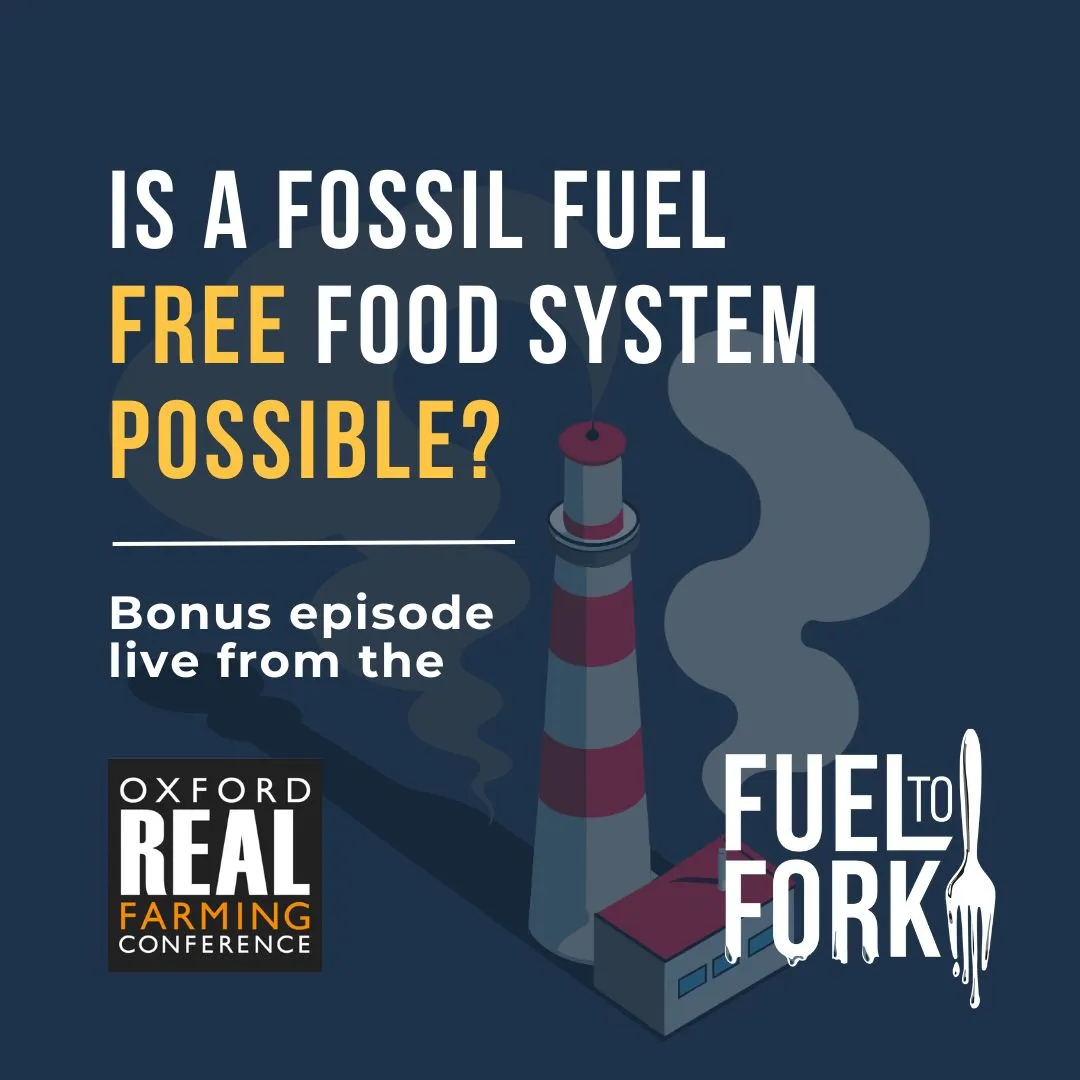Large, powerful companies control much of the US food supply chain, with detrimental effects on consumer choice, food safety and food system resilience, according to a recent paper by researchers from NGO Food & Water Watch. The paper discusses the current “nearly unprecedented wave of food megamergers”, impacts on consumers of grocery consolidation and different types of mergers throughout the food supply chain.

According to the researchers, the agricultural and food sector is considerably more consolidated than most other sectors, with the top four firms in many food subsectors having a market share of greater than 60%, compared to 40% to 45% in most other sectors. There were 50% more food and beverage mergers per year in 2015 and 2016 than in the years leading up to the 2008 recession. Many of these mergers are driven by cost-cutting drives and rebranding attempts.
The paper points out that consolidation can reduce the number of stores and products that are available to customers and also, with a lack of competition, increase food prices. Shoppers might not realise that the same company is trading under many different store names. Product choice may appear greater than it actually is, as many products are made by the same food companies. Many organic and “natural” brands have also been bought by large companies, sometimes switching to less rigorous sustainability standards in the process.
Smaller food manufacturers may find it difficult to bargain with retailers as effectively as larger suppliers, and may not be able to produce in great enough volumes to meet the requirements of large retailers. Furthermore, small manufacturers may be unable to afford to pay fees to the retailers to have their products placed in the most prominent and profitable positions in the stores.
According to the paper, some retailers even permit key manufacturers, known as “category captains”, to determine which other brands can be placed on a supermarket shelf. In 2013, one independent ice cream producer sued Nestlé for allegedly restricting all but the largest brands to a small section of the ice cream shelf. While the news article cited by this paper does not appear to be freely available online, this report (PDF link) describes the court case brought against Nestlé by independent ice cream producer Clemmy’s in 2013. The case was dismissed in May 2015, before it could go to trial, by a California Superior Court judge who said there was insufficient evidence. Nestlé’s attorney said, “...Nestlé does not control, does not make those decisions about what products go in the freezers at the supermarkets… There is nothing in these category captain relationships itself which is unlawful or even problematical.” Clemmy’s filed for bankruptcy in 2015.
In the beer industry, two firms control about 70% of the US market, selling hundreds of brands, while independent craft beers accounted for 11%. One of these firms encouraged its distributors to merge, and offered money in return for not delivering certain craft beers.
Consolidation can affect food safety, because a problem in just one large factory may affect huge quantities of food.
The paper concludes by calling for more rigorous antitrust regulation, but concedes that regulation is unlikely to be strengthened in the near future: the Obama administration did not take a strong position against excessive mergers, and the Trump administration is thought to be sympathetic to economic consolidation.
Abstract
The wave of mega-mergers sweeping the food, agribusiness, and retail grocery industry from seed to supermarket has accelerated consolidation and concentrated market power in the hands of only a few dominant corporations. Federal regulators have done little to curb the merger mania in these sectors, which will ultimately lower the prices farmers receive for crops and livestock and raise the prices consumers pay for food. But the consolidation also has significantly constrained the range of choices consumers have at the supermarket, prevented independent food innovators from surviving in the marketplace, amplified food safety problems, and presented challenges to the resiliency of the food system itself. This article examines the size, scale, and scope of recent mergers in the food, agribusiness, and grocery retail sectors and discusses the ramifications for consumers, farmers, and the food system.
Reference
Woodall, P. and Shannon, T.L., 2018. Monopoly Power Corrodes Choice and Resiliency in the Food System. The Antitrust Bulletin, p.1-24.
Find the full paper here. You may be interested in our coverage of the recent Sainsbury’s-Asda merger, here, the recently released book The Value of Everything: Making and Taking in the Global Economy and the 2009 book Stuffed and Starved. See also the Foodsource resource What are the influences on our food choices?




Comments (0)